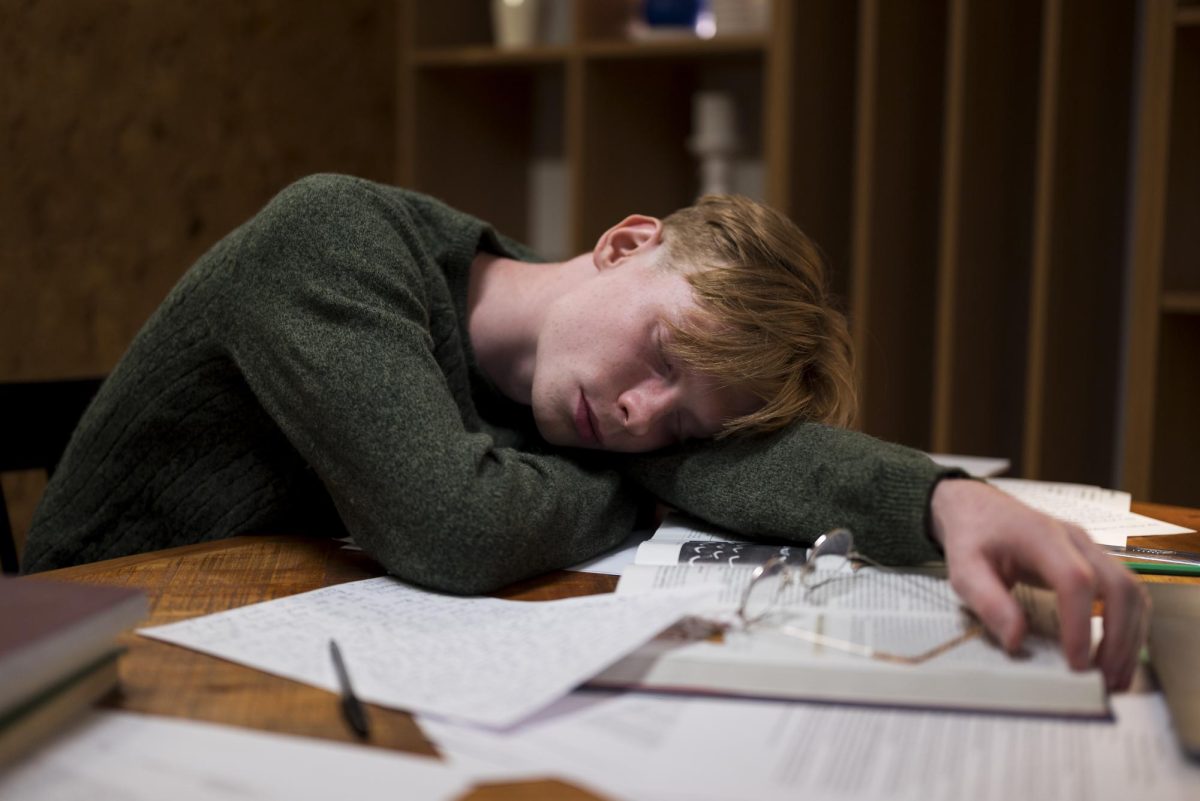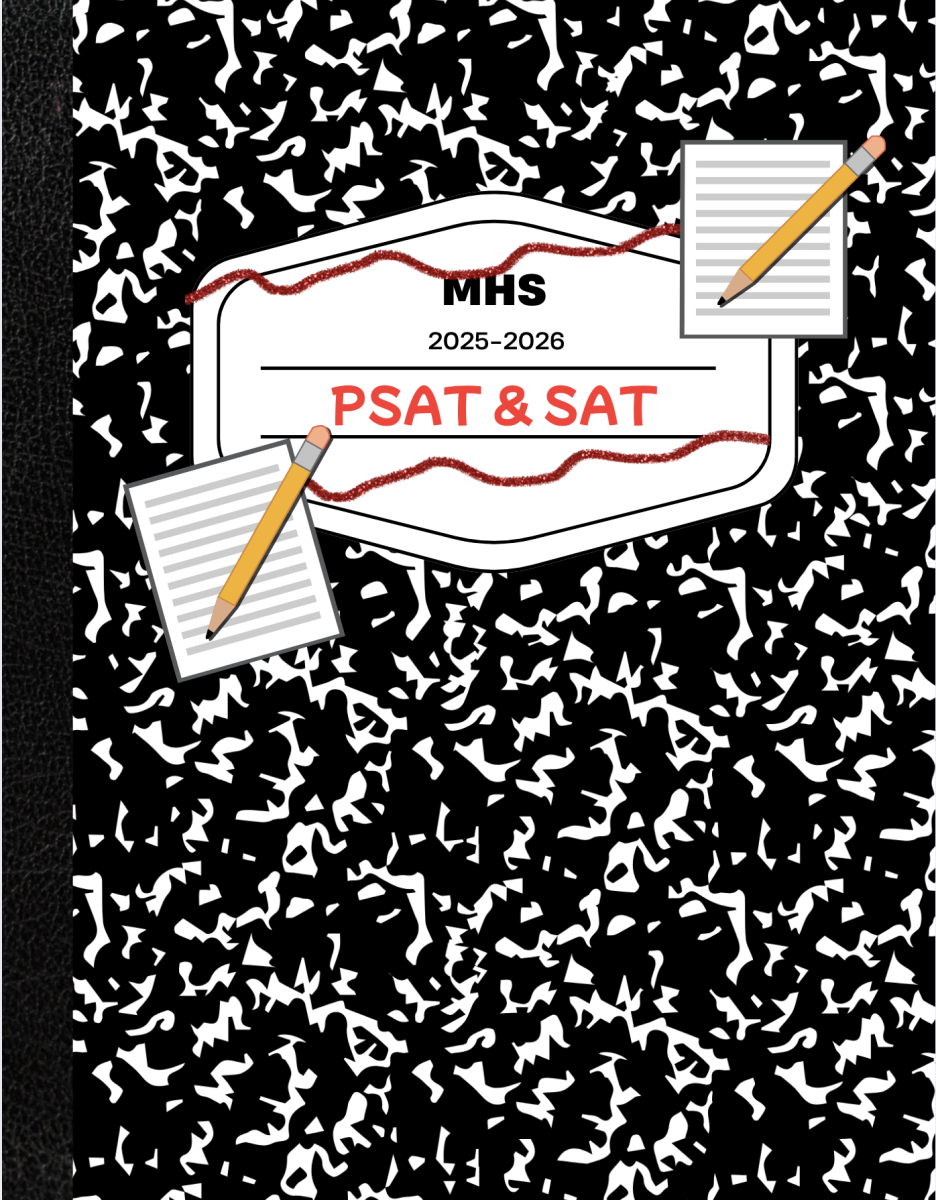Sleep is one of the most essential things humans need to function correctly; it is crucial for brain function, including how nerve cells communicate with one another. It accounts for nearly one-third of the human lifespan. Although sleep remains largely a mystery, everyone is affected by it.
For students, sleep is needed to stay awake and focused in the classroom environment. According to the CDC, benefits include reduced stress, improved mood, and enhanced attention and memory to better perform daily activities.
Most students don’t get enough sleep before school. According to the CDC, around 76.5% of students in Texas don’t get enough sleep. This can affect students’ focus in the classroom.
Senior Levi Ferguson says that he has been negatively affected by his sleep.
“I probably average around four hours of sleep per night,” Ferguson said. “It has been hard to stay focused in classes, and I sleep almost every day in my history class.”
Grades have some correlation with sleep. According to the NIH, irregular sleep patterns and late bedtimes are associated with poorer academic performance and increased school-related behavioral issues among teenagers. For students, this decrease in sleep quality lowers their grades and affects their ability to pay attention in class.
Junior Houston Hernandez states that his sleep is one of the most essential things for his grades.
“I average As in every one of my classes,” Hernandez said. “I get around eight hours of sleep a night, which makes my test-taking easier, and doing assignments is not bad either.”
Early in the school year, students may still be adjusting from their summer schedules. According to the Valley Health System, most kids during the summer go to bed around 11 p.m. Students are often still on this schedule, even though school starts at 8:15 a.m.
Ferguson says that he has been unsuccessful in adapting after the summer break.
“I just can’t fix my sleep schedule,” Ferguson said. “I have tried many ways, but nothing seems to work.”
Not only are grades affected, students can have mental health issues from sleep deprivation as well.
According to the Columbia University Department of Psychiatry, sleep can also contribute to the onset and worsening of different mental health problems, including depression, anxiety and even suicidal ideation. With mental health issues affecting students’ sleep, the students’ academics can suffer.
Hernandez states that he has remained unaffected.
“I haven’t been affected by any depression or anything like that because of my sleep,” Hernandez said. “I have heard about people being affected by it, but I haven’t seen anything personally.”
Most students who experience this already have mental health issues, but sleep deprivation can worsen the adverse effects on the student and their grades.
There are several ways that students can start addressing their sleep issues, according to the CDC .These include:
- Going to bed and getting up at the same time every day.
- Keeping bedrooms quiet, relaxing and at a cool temperature.
- Turning off electronic devices at least 30 minutes before bedtime.
- Avoiding large meals and alcohol before bedtime.
- Avoiding caffeine in the afternoon or evening.
- Exercising regularly and maintaining a healthy diet.






